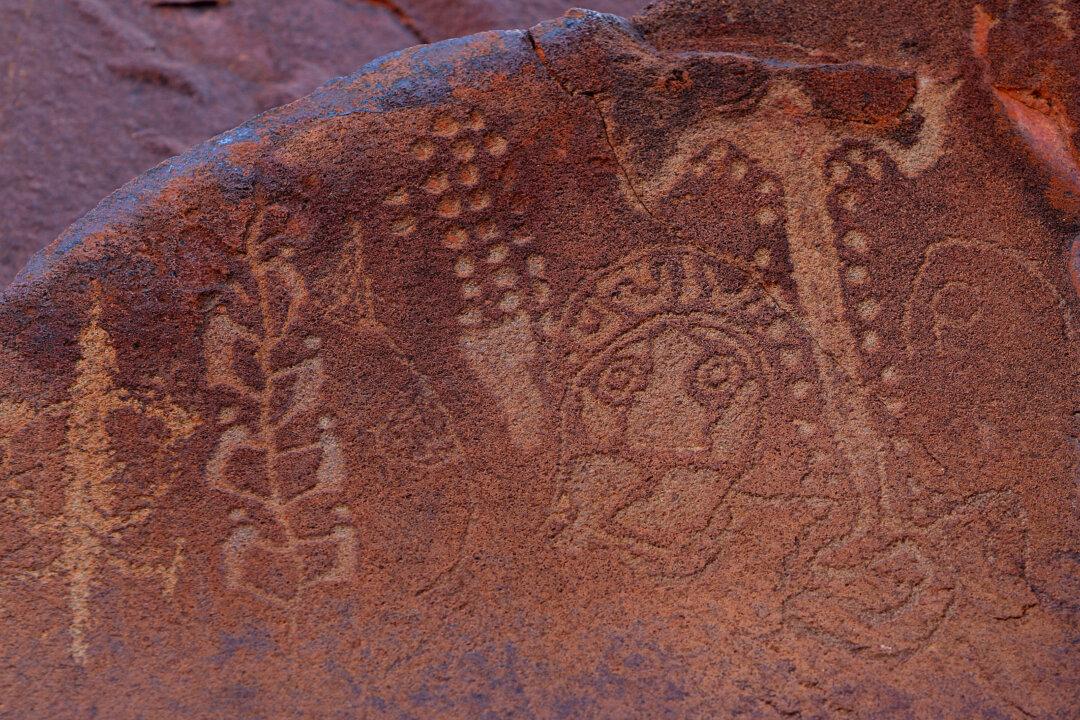Western Australia’s (WA) “disappointing” draft Aboriginal heritage legislation won’t stop sites like Juukan Gorge from being destroyed in the future, critics say.
An uncomfortable power divide between traditional owners and land users has been highlighted by a long-anticipated overhaul of Western Australia’s antiquated Aboriginal heritage laws, which critics fear has missed the mark.





